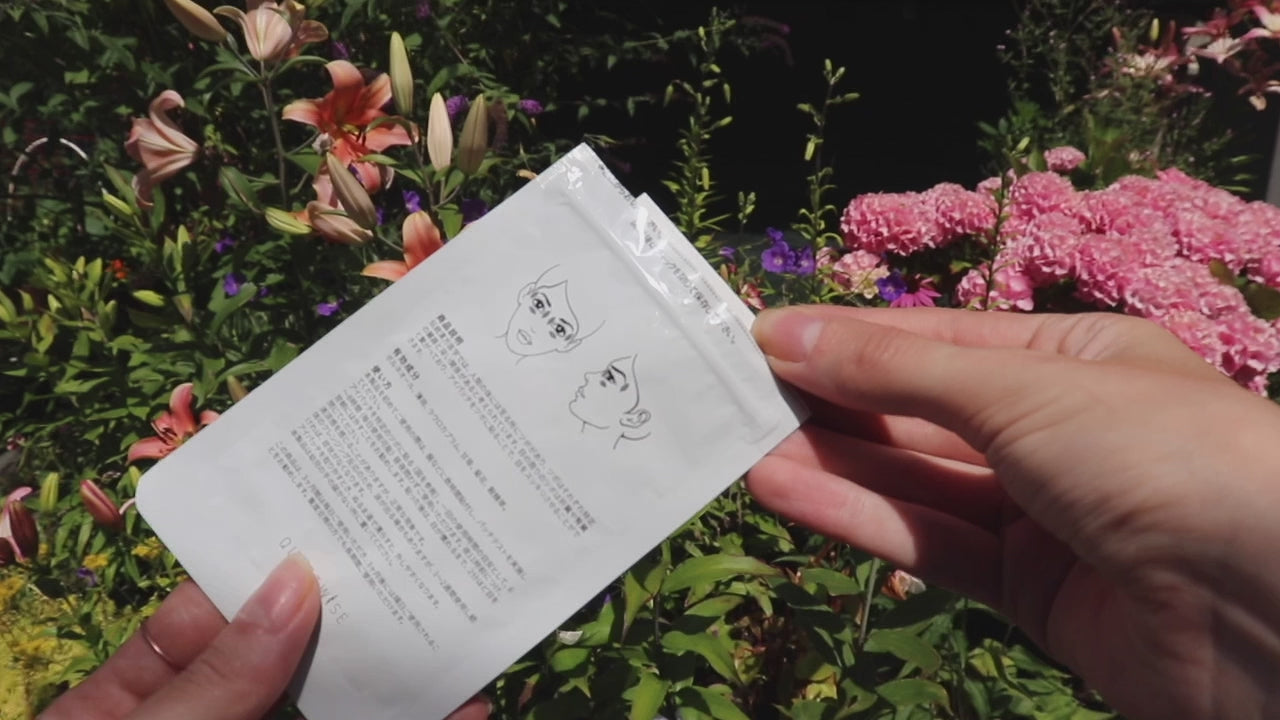Frequently Asked Questions
1. How does nutrition impact eye health?
2. What are the essential nutrients for eye health?
3. What should I eat to support eye health?
4. Are there foods I should avoid for better eye health?
5. How can I improve my hydration for eye health?
When it comes to overall health, we often think of exercise, sleep, and mental well-being. However, one key area that is frequently overlooked is nutrition, especially its impact on eye health. As we spend more time in front of screens, the importance of maintaining our vision is more critical than ever. In this article, we will explore the connection between nutrition and eye health, with an emphasis on common issues like dry eyes, and will highlight several nutrients essential for preserving your vision.
The Connection Between Nutrition and Eye Health
Your eyes, like any other part of your body, require specific nutrients to function optimally. Whether you are struggling with dry eyes or aiming to prevent more serious conditions such as macular degeneration and cataracts, the right diet can make a significant difference. Nutrients such as vitamins, minerals, and antioxidants contribute to maintaining and improving eye health. In this regard, what you eat can either help or hinder your vision.
Understanding Dry Eyes
Before delving deeper into the nutritional aspects, it’s important to understand what dry eyes are. Dry eye syndrome occurs when your eyes do not produce enough tears or when the tears evaporate too quickly. Symptoms can range from itching, redness, and a gritty sensation to blurred vision. This common condition can be aggravated by factors such as environmental conditions, screen time, and, yes, poor dietary choices.
Essential Nutrients for Eye Health
A balanced diet rich in the right nutrients can help counteract dry eyes and enhance your overall eye health. Let’s take a closer look at some essential vitamins and minerals that play a critical role in keeping your eyes healthy:
Vitamin A
Vitamin A is perhaps the most well-known nutrient when it comes to eye health. This nutrient is crucial for maintaining good vision, particularly in low-light conditions. A deficiency can lead to serious issues such as night blindness and even an increased risk of developing dry eyes.
Foods rich in Vitamin A include:
- Carrots
- Sweet potatoes
- Spinach
- Kale
- Mangoes
Vitamin C
Another powerful antioxidant, Vitamin C is vital for your overall health and plays a significant role in eye health. This vitamin helps combat oxidative stress and can prevent cataracts. Research suggests that a diet rich in Vitamin C may reduce the risk of developing age-related macular degeneration.
Incorporate these Vitamin C-rich foods into your meals:
- Citrus fruits (oranges, grapefruits)
- Berries (strawberries, blueberries)
- Bell peppers
- Broccoli
- Kiwifruit
Vitamin E
Vitamin E is another antioxidant that works to neutralize free radicals in the body, thus protecting eye cells. Like Vitamin C, it may also reduce the risk of age-related eye diseases. Including Vitamin E in your diet can be an effective way to promote eye health.
Ensure you consume enough Vitamin E by eating:
- Nuts (almonds, hazelnuts)
- Seeds (sunflower seeds)
- Green leafy vegetables (spinach, broccoli)
- Avocados
Omega-3 Fatty Acids
Omega-3 fatty acids are essential for eye health and can significantly benefit those who experience dry eyes. These healthy fats are known to improve tear production and may also reduce inflammation. They are especially effective for individuals who spend long hours in front of screens.
To increase your Omega-3 intake, consider these foods:
- Fatty fish (salmon, mackerel, sardines)
- Flaxseeds
- Chia seeds
- Walnuts
Foods to Avoid for Optimal Eye Health
Just as certain foods can enhance your eye health, others can have detrimental effects. To maintain healthy eyes and prevent conditions like dry eyes, it's crucial to minimize or avoid the following:
Processed Foods
Processed and fast foods are often high in trans fats, sugars, and unhealthy additives, which can contribute to inflammation and oxidative stress, potentially leading to dry eyes and other eye issues.
Excessive Sugar
High sugar intake can lead to diabetes, which in turn damages the blood vessels in the eyes. This condition can lead to diabetic retinopathy, a serious eye disease that can result in vision loss.
Alcohol
While moderate alcohol consumption may be acceptable, excessive drinking can lead to dehydration, exacerbating symptoms of dry eyes and other eye issues.
Hydration Matters
Hydration is often the unsung hero when it comes to eye health. Drinking an adequate amount of water every day helps maintain tear production, which is vital for preventing dry eyes. If you find that you experience dry, itchy eyes frequently, it might be beneficial to reassess your water intake alongside your diet.
Tips for Staying Hydrated
- Carry a water bottle with you throughout the day.
- Track your water intake with apps or a daily log.
- Add hydration-rich foods to your diet, such as cucumbers and watermelon.
- Set reminders to drink water regularly.
The Role of Lifestyle in Eye Health
While nutrition plays a crucial role in eye health, lifestyle factors are also important. Simple changes can greatly enhance your overall eye wellness:
Maintain a Healthy Weight
Excess body weight often leads to conditions such as diabetes, which can cause eye-related issues. Therefore, maintaining a healthy weight through balanced nutrition and regular physical activity is essential for overall health and your vision.
Limit Screen Time
As noted earlier, prolonged screen time can lead to dry eyes and discomfort. Implementing the 20-20-20 rule can help alleviate this: every 20 minutes, look at something 20 feet away for 20 seconds. This simple practice can help reduce strain on your eyes.
Regular Eye Check-ups
Regular visits to an eye care professional are essential for maintaining your eye health. They can give you personalized advice based on your specific needs and can track early signs of eye issues, including dry eyes.
Take Action on Your Eye Health Today!
Incorporating eye-friendly nutrition into your daily diet can have long-lasting benefits for your vision. Whether you’re dealing with dry eyes or just want to enhance your overall eye health, the importance of good nutrition cannot be overstated. By eating a diverse range of nutrient-rich foods, staying hydrated, and adopting healthy lifestyle habits, you can nourish your eyes and enjoy clear, comfortable vision for years to come.
Remember, every small step you take towards improving your diet and lifestyle counts. Start today, and your eyes will thank you tomorrow!











